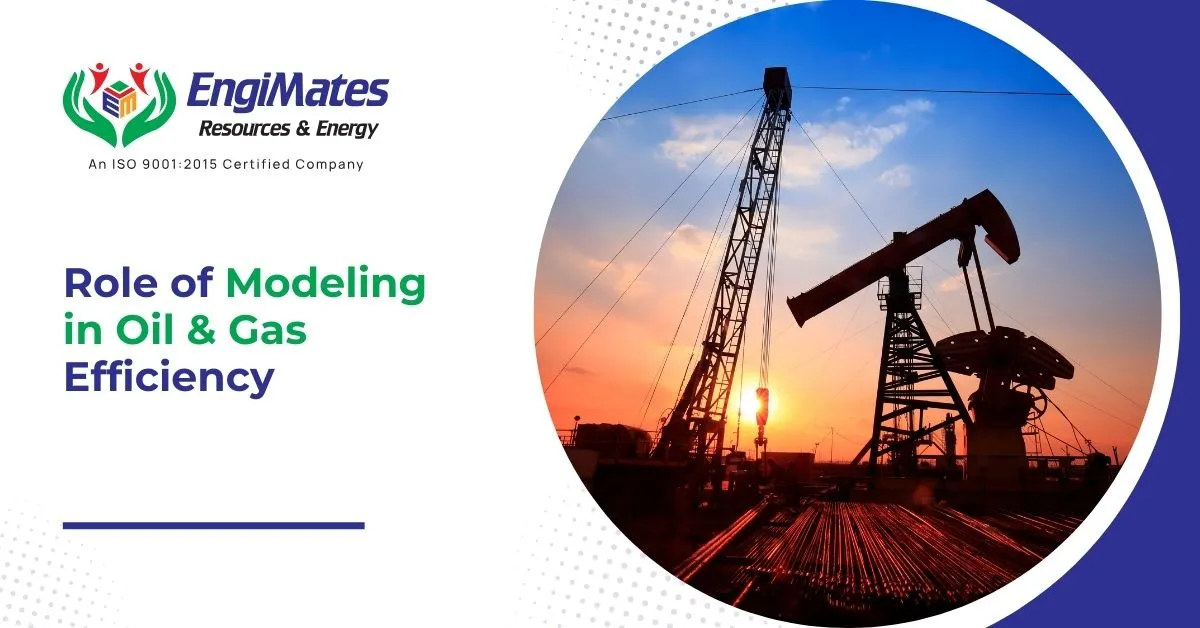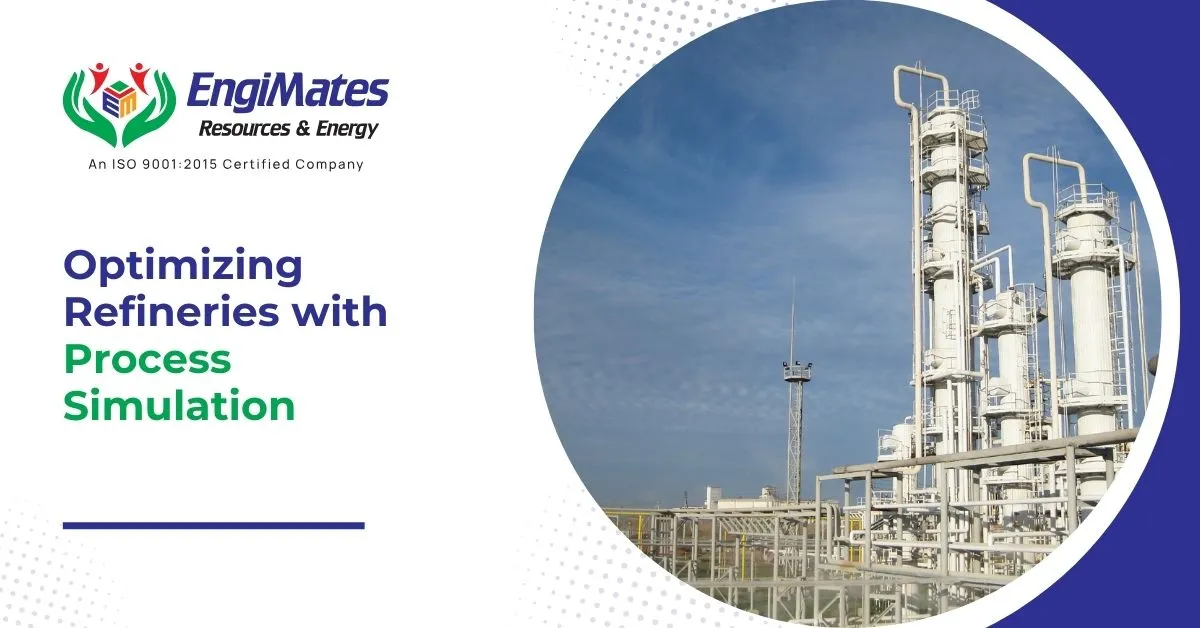Energy consumption is one of the largest operating costs in oil and gas refineries. Rising…

Process engineering is a specialized field of engineering that focuses on the design, operation, control, and optimization of chemical, physical, and biological processes. It plays a crucial role in a wide range of industries such as oil and gas, pharmaceuticals, food and beverage, and manufacturing. The goal of process engineering is to ensure that processes are safe, efficient, cost-effective, and environmentally sustainable.
Key Aspects of Process Engineering
- Designing Processes: One of the primary responsibilities of a process engineer is to design processes that convert raw materials into finished products. This involves understanding and applying scientific principles to create processes that maximize yield, quality, and efficiency. It includes selecting the right equipment, materials, and technologies to meet production goals.
- Optimization of Processes: Process engineers continually seek ways to improve existing processes to increase productivity, reduce waste, and lower energy consumption. This could involve improving system designs, upgrading equipment, or fine-tuning operational parameters.
- Quality Control and Assurance: Ensuring the quality of the final product is a critical function in process engineering. Process engineers use their expertise to implement measures that guarantee consistency in production, minimize defects, and ensure that the products meet industry standards and regulatory requirements.
- Safety Management: Safety is paramount in process engineering. Engineers must design processes that are safe for workers and the environment. They conduct thorough risk assessments, implement safety protocols, and design systems that minimize hazards such as leaks, explosions, or contamination.
- Environmental Considerations: With increasing emphasis on sustainability, process engineers focus on minimizing the environmental impact of industrial operations. This involves developing processes that reduce emissions, waste, and energy consumption while maximizing resource efficiency.
- Automation and Control Systems: The integration of automation and advanced control systems in industrial processes is a growing trend in process engineering. These systems help in monitoring and controlling variables such as temperature, pressure, flow rates, and chemical concentrations to ensure that the processes run efficiently and consistently.
Types of Process Engineering
- Chemical Process Engineering: This area of process engineering involves the chemical transformation of materials. Chemical engineers design and optimize reactors, distillation columns, and heat exchangers to ensure that chemical reactions are efficient and safe.
- Mechanical Process Engineering: This subfield focuses on the physical processes, such as material handling, separation, and fluid dynamics. Mechanical process engineers are involved in the design and optimization of equipment like pumps, compressors, and heat exchangers.
- Biological Process Engineering: Biological process engineering is used in industries such as biotechnology and pharmaceuticals, where biological processes (like fermentation or enzyme reactions) are used to create products. Engineers in this field ensure that these processes are optimized for maximum yield and product quality.
- Food Process Engineering: This field is concerned with the design and optimization of processes in food production, preservation, and packaging. Engineers in this sector focus on ensuring the safety, quality, and efficiency of food processing systems.
- Petroleum and Natural Gas Process Engineering: Engineers in this field focus on extracting and refining oil and natural gas. They design systems for drilling, refining, and transporting these materials safely and efficiently while ensuring regulatory compliance.
Looking to optimize your processes for maximum efficiency and safety? Contact us today for expert guidance and tailored process engineering solutions!
The Role of Process Engineers
Process engineers are responsible for overseeing the entire lifecycle of a process—from design and development to operation and maintenance. They work closely with other professionals, such as mechanical engineers, safety experts, and production managers, to create optimized systems that are safe, efficient, and cost-effective.
Their day-to-day tasks may involve:
- Conducting feasibility studies and cost analyses
- Designing process systems and selecting equipment
- Analysing process data and identifying areas for improvement
- Monitoring performance and troubleshooting issues
- Implementing safety measures and ensuring compliance with industry regulations
- Collaborating with other departments to integrate processes with the overall production system
Career Opportunities in Process Engineering
Process engineering offers a wide range of career opportunities in various industries. Graduates of process engineering programs can work as:
- Process engineers in manufacturing plants
- Chemical or petroleum engineers in the oil and gas industry
- Environmental engineers focusing on sustainable practices
- Control engineers working with automation systems
- Research and development engineers improving processes and products
Conclusion
Process engineering is an essential discipline that directly impacts the efficiency, safety, and sustainability of industrial operations. By designing, optimizing, and managing processes, process engineers ensure that industries can meet growing demand while minimizing costs, waste, and environmental impact. If you are considering a career in this field, the skills you develop will play a vital role in shaping the future of industrial production across a wide variety of sectors.




